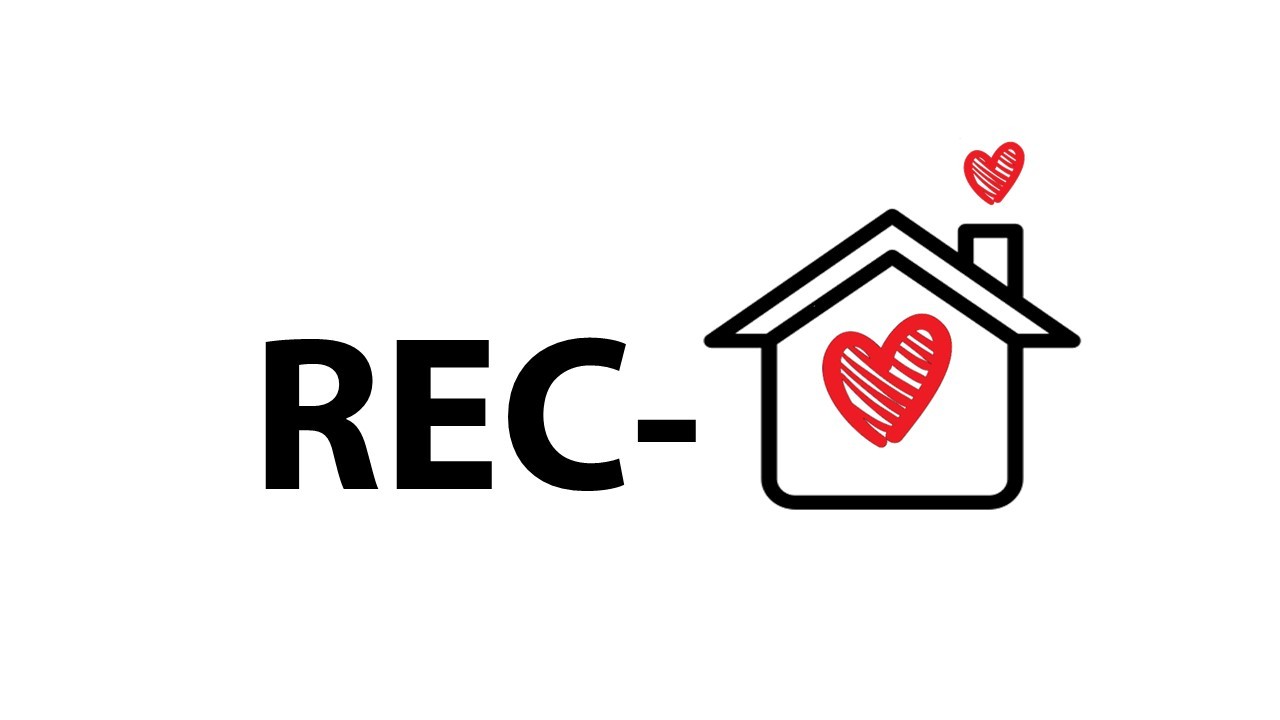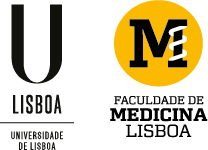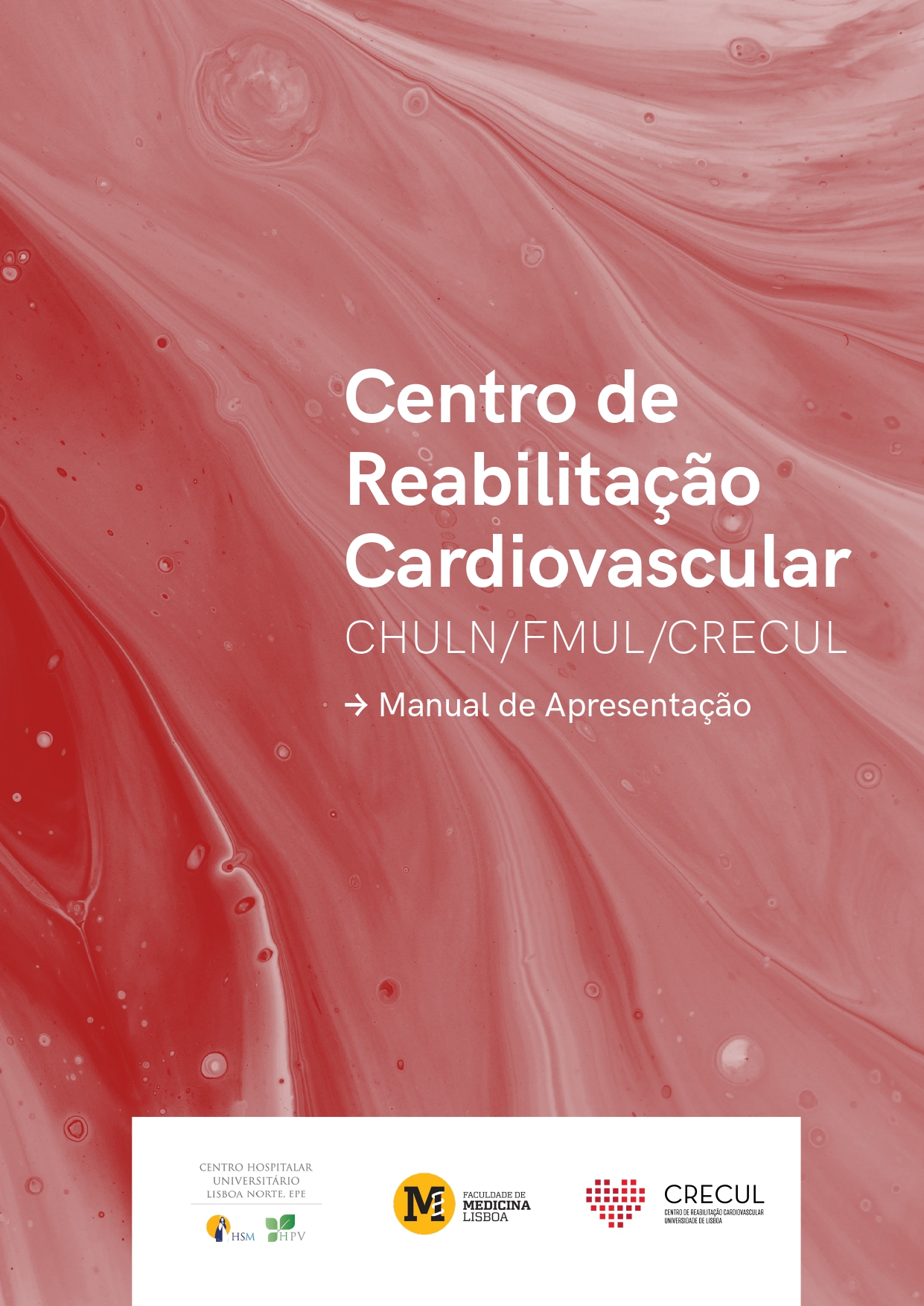The Cardiovascular Exercise and Rehabilitation Laboratory, Research Unit of the Cardiovascular Centre of the University of Lisbon (CCUL), of the Faculty of Medicine of the University of Lisbon (FMUL), conducts its activity in three main areas: Teaching, Research and Clinic (including patients with cardiovascular disease and prevention in the Community).
Teaching
The Faculty of Medicine of the University of Lisbon is pioneer in the country in the implementation of a Master Degree in Cardiovascular Rehabilitation, contributing to the excellence of professional specificity and scientific research in this area.
The key objective of the Master Degree in Cardiovascular Rehabilitation is to promote the specific professional training of excellence of health professionals who integrate or intend to be part of prevention and cardiovascular rehabilitation multidisciplinary teams; and to rigorously conduct advanced scientific research in the areas of primary and secondary prevention and cardiovascular rehabilitation.
Research
In the context of medicine as a whole, research and clinical practice jointly integrate scientific knowledge and its implementation. The clinic is based on scientifically proven results, involving pathophysiological mechanisms and effects of therapeutic interventions. On the other hand, the assistance activity supports clinical research, allowing to question established assumptions and reach new conclusions.
The Cardiovascular Exercise and Rehabilitation Laboratory is equipped and prepared to assess functional capacity and cardiac function at rest or during exercise, through a classic or cardiorespiratory exercise test, on a treadmill or on a cycle ergometer, and echocardiographic evaluation. These techniques allow people with cardiovascular disease to be assessed and/or assisted in the diagnosis, prognosis and response to a given intervention (e.g. cardiovascular rehabilitation).
The main research strands focus on studying the acute and chronic effects of physical exercise in people with diagnosed cardiovascular disease, the effects of different types of training and respective action mechanisms on heart failure and coronary disease, physical exercise and inflammation, physical exercise and autonomic nervous system, physical exercise and cardiac remodelling, cardio-oncological and neurological rehabilitation, and predictors of responders and non-responders to physical exercise.
Clinic
The CHULN/FMUL-UL Cardiovascular Rehabilitation Programme covers the entire chronology from hospital admission (phase I), through the early ambulatory phase (phase II) to the maintenance phase (phase III - community).
The Cardiovascular Exercise and Rehabilitation Laboratory serves phases 2 and 3 of Cardiovascular Rehabilitation, assessing the functional capacity and cardiac function of patients in the programme.
The Cardiovascular Rehabilitation Centre of the University of Lisbon (CRECUL) resulted from the partnership involving the Faculty of Medicine of Lisbon - University of Lisbon, the Faculty of Human Kinetics - University of Lisbon and the University Stadium of Lisbon. Its activity is recognized by the University of Lisbon as a community initiative, with the purpose of promoting health and secondary prevention, which, in turn, enhances the training of students in various specialties in the context of health.
In addition to the CRECUL, the Cardiovascular Exercise and Rehabilitation Laboratory carries out other actions to support the community, namely through strategic actions with the Portuguese population in primary and secondary prevention with a view to promoting healthy lifestyles.
Cardiovascular Rehabilitation (CVR) is a structured and multidisciplinary intervention performed in people with cardiovascular disease, after an acute event (myocardial infarction, worsening heart failure, cardiac surgery, implantation of cardiac devices, and percutaneous intervention) aimed at promoting:
- prevention of cardiac events (myocardial infarction, arrhythmia, heart failure, cardiovascular death) and cardiac decompensation (worsening or onset of heart failure);
- recovery or improvement of functional capacity;
- psychological stability;
- balanced and adequate diet;
- control of cardiovascular risk factors.
After the acute treatment of a cardiac intervention, the objective is to recover and improve the patient’s condition, modifying their lifestyle, minimizing cardiovascular risk and reinserting patients in their personal, social and professional life.
At the FMUL/CHULN CVR Centre, we have an CVR programme certified by the European Cardiology Association/European Society of Cardiology (EAPC/ESC).
This programme covers the entire chronology, from admission, through the early ambulatory phase to the maintenance (community) phase.
It includes an important component of patient assessment, the cardiorespiratory test, designed to objectively assess functional capacity and guide the prescription of physical exercise. Assessment and intervention in nutrition and psychology are essential components of the programme, complementing physical exercise sessions and cardiovascular risk control, which includes adherence to medication and lifestyle change.
The team consists of cardiologists, physiatrists, physiotherapists, exercise physiologists, nurses, nutritionists, psychologists and administrative staff, coordinated by a cardiologist and focused on the patient.
In addition to treating, it is necessary to prevent, and if heart disease already exists, there is a need to prevent complications and to rehabilitate the patient.
Our goal is to avoid and treat negative consequences and enhance all the positive aspects of each patient in an individualized way.
Centro de Reabilitação Cardiovascular do Centro Hospitalar Universitário Lisboa Norte (CHULN) e da Faculdade de Medicina da Universidade de Lisboa (FMUL)
Equipa fase 2 - CHULN/FMUL
Cardiologia: Ana Abreu, Inês Ricardo, Nelson Cunha, Pedro Silvério António, Tiago Rodrigues, Pedro Silva
Medicina Física e Reabilitação: Sandra Miguel, Olga Santos
Fisioterapia: Graça Araújo, Gisela Afonso, Marta Ramalhinho, Joana Martins
Fisiologia de Exercício: Rita Pinto
Enfermagem de Reabilitação: Ana Luisa Correia, Edite Caldeira, Sílvia Fiuza, Fátima Salazar
Psiquiatria e Psicologia: Manuela Abreu, Mariana Cordeiro Ferreira
Nutrição: Carla Rodrigues
Cardiopneumologia (TSDT): Paula Sousa, Susana Pires
Administrativa: Débora Sousa
Equipa fase 3 - CRECUL (FMUL/FMH/Estádio Universitário)
Cardiologia: Ana Abreu, Inês Ricardo, Nelson Cunha, Pedro Silvério António, Tiago Rodrigues, Pedro Silva
Fisiologia de Exercício: Helena Santa-Clara, Rita Pinto, Madalena Lemos Pires, Mariana Borges
Psiquiatria e Psicologia: Manuela Abreu, Mariana Cordeiro Ferreira
Nutrição: Catarina Sousa Guerreiro, Mariana Liñan Pinto
Cardiopneumologia (TSDT): Susana Pires
O Programa de Reabilitação Cardiovascular do CHULN/FMUL-UL tem dado resposta ao longo de anos a muitos doentes cardiovasculares após eventos agudos, desde o período inicial e estendendo-se a longo prazo. No entanto, por diversas razões, nem todos os doentes têm acesso a programas presencias de RCV. Assim, foi construído um programa de reabilitação cardiovascular à distância:

Reabilitação Cardiovascular Em Casa
Para este efeito, criámos no site do CHULN, secção do Departamento Coração e Vasos, uma página onde está anunciado o programa em casa, assim como toda a equipa multidisciplinar e os contactos para doentes interessados. Aqui, encontra-se ainda informação de saúde cardiovascular, que será renovada, para doentes, profissionais de saúde e público em geral.
Apenas para os doentes em programa, estabelecemos uma ligação por link onde terão acesso a vídeos de sessões de reabilitação respiratória e de exercício físico com diferentes níveis de intensidade, de acordo com o risco e a capacidade funcional, apresentações sobre temáticas de saúde que fazem parte do habitual programa hospitalar, receitas e conselhos alimentares.
Neste programa, todos os doentes são avaliados inicialmente e têm um acompanhamento telefónico quinzenal por enfermeiras e fisiologistas de exercício. Terão ainda a possibilidade de fazer consultas telefónicas de cardiologia, nutrição e psicologia com os respetivos especialistas.
Com a equipa de Reabilitação Cardíaca os nossos doentes nunca estão sós.
- Pedretti, R. F., Iliou, M. C., Israel, C. W., Abreu, A., Miljoen, H., Corrà, U., ... & Hansen, D. (2021). Comprehensive multicomponent cardiac rehabilitation in cardiac implantable electronic devices recipients: a consensus document from the European Association of Preventive Cardiology (EAPC; Secondary prevention and rehabilitation section) and European Heart Rhythm Association (EHRA). European Journal of Preventive Cardiology http://dx.doi.org/10.1093/eurjpc/zwaa121
- Ambrosetti, M., Abreu, A., Cornelissen, V., Hansen, D., Iliou, M. C., Kemps, H., ... & Vigorito, C. (2020). Delphi consensus recommendations on how to provide cardiovascular rehabilitation in the COVID-19 era. European Journal of Preventive Cardiology. http://dx.doi.org/10.1093/eurjpc/zwaa080
- Piepoli, M. F., Abreu, A., Albus, C., Ambrosetti, M., Brotons, C., Catapano, A. L., ... & Tiberi, M. (2020). Update on cardiovascular prevention in clinical practice: A position paper of the European Association of Preventive Cardiology of the European Society of Cardiology. European journal of preventive cardiology, 27(2), 181-205. http://dx.doi.org/10.1177/2047487319893035
- Abreu, A., Frederix, I., Dendale, P., Janssen, A., Doherty, P., Piepoli, M. F., ... & Davos, C. H. (2020). Standardization and quality improvement of secondary prevention through cardiovascular rehabilitation programmes in Europe: The avenue towards EAPC accreditation programme: A position statement of the Secondary Prevention and Rehabilitation Section of the European Association of Preventive Cardiology (EAPC). European Journal of Preventive Cardiology, 2047487320924912. https://doi.org/10.1177/2047487320924912
- Ambrosetti, M.; Abreu, A.; Corrà, U.; Davos, C. H.; Hansen, D.; Frederix, I.; Iliou, M. C.; et al. 2020. "Secondary prevention through comprehensive cardiovascular rehabilitation: From knowledge to implementation. 2020 update. A position paper from the Secondary Prevention and Rehabilitation Section of the European Association of Preventive Cardiology". European Journal of Preventive Cardiology: 204748732091337. http://dx.doi.org/10.1177/2047487320913379
- Kotseva, K.; De Backer, G.; De Bacquer, D.; Rydén, L.; Hoes, A.; Grobbee, D.; Maggioni, A.; Marques-Vida, P.; Abreu, A.; Aguiar, C.; et al. 2020. "Primary prevention efforts are poorly developed in people at high cardiovascular risk: A report from the European Society of Cardiology EURObservational Research Programme EUROASPIRE V survey in 16 European countries". European Journal of Preventive Cardiology: 204748732090869. http://dx.doi.org/10.1177/2047487320908698
- Santiago de Araujo Pio, C.; Beckie, T. M.; Varnfield, M.; Sarrafzadegan, N.; Babu, A. S.; Baidya, S.; Buckley, J.; Chen, S. Y.; Gagliardi, A.; Heine, M.; Khiong, J. S.; Mola, A.; Radi, B.; Supervia, M.; Trani, M. R.; Abreu, A.; Sawdon, J. A.; Moffatt, P. D.; Grace, S. L. 2020. "Promoting patient utilization of outpatient cardiac rehabilitation: A joint International Council and Canadian Association of Cardiovascular Prevention and Rehabilitation position statement". International Journal of Cardiology 298: 1-7. http://dx.doi.org/10.1016/j.ijcard.2019.06.064
- Piepoli, M. F.; Abreu, A.; Albus, C.; Ambrosetti, M.; Brotons, C.; Catapano, A. L.; Corra, U.; Cosyns, B.; Deaton, C.; Graham, I.; Hoes, A.; Lochen, M. L.; Matrone, B.; Redon, J.; Sattar, N.; Smulders, Y.; Tiberi, M. 2019. "Update on cardiovascular prevention in clinical practice: A position paper of the European Association of Preventive Cardiology of the European Society of Cardiology". European Journal of Preventive Cardiology 27 (2): 181-205. http://dx.doi.org/10.1177/2047487319893035
- Aguiar-Ricardo I.; Nunes-Ferreira A.; Roda Â.; Bras-Rosario L. 2019. Omalizumab induced Takotsubo syndrome: case report. Eur Heart J Case Rep 3 (1). http://dx.doi.org/10.1093/ehjcr/yty155
- Hansen, D.; Kraenkel, N.; Kemps, H.; Wilhelm, M.; Abreu, A.; Pfeiffer, A. F.; Jordao, A.; Cornelissen, V.; Voller, H. 2019. "Management of patients with type 2 diabetes in cardiovascular rehabilitation". European Journal of Preventive Cardiology 26 (2_suppl): 133-144. http://dx.doi.org/10.1177/2047487319882820
- Agostinho J.R.; Goncalves I.; Rigueira J.; Aguiar-Ricardo I.; Nunes-Ferreira A.; Santos R.; Guimaraes T.; Alves P.; Cunha N, Rodrigues T.; Andre N.; Pedro M.; Veiga F.; Pinto F.J.; Brito D. 2019 Protocol-based follow-up program for heart failure patients: Impact on prognosis and quality of life. Rev Port Cardiol 38 (11):755-764. http://dx.doi.org/10.1016/j.repc.2019.03.006
- Abreu, A. 2019. "Multiple cardiovascular risk factor control: still a challenge?". European Journal of Preventive Cardiology: 204748731988372. http://dx.doi.org/10.1177/2047487319883725
- Aguiar-Ricardo I.; Mateus H.; Gonçalves-Pereira J. 2019. Hidden hospital mortality in patients with sepsis discharged from the intensive care unit. Rev Bras Ter Intensiva 31 (2):122-128. http://dx.doi.org/10.5935/0103-507x.20190037
- Abreu, A. 2019. "In-hospital psychological intervention in cardiac rehabilitation following acute coronary syndrome: Brief is better than nothing". Revista Portuguesa de Cardiologia 38 (5): 369-372. http://dx.doi.org/10.1016/j.repce.2019.06.008
- Witvrouwen, I.; Van Craenenbroeck, E. M.; Abreu, A.; Moholdt, T.; Krankel, N. 2019. "Exercise training in women with cardiovascular disease: Differential response and barriers – review and perspective". Eur J Prev Cardiol: 204748731983822. http://dx.doi.org/10.1177/2047487319838221
- Abreu, A.; Pesah, E.; Supervia, M.; Turk-Adawi, K.; Bjarnason-Wehrens, B.; Lopez-Jimenez, F.; Ambrosetti, M.; Andersen, K.; et al. 2019. "Cardiac rehabilitation availability and delivery in Europe: How does it differ by region and compare with other high-income countries?". European Journal of Preventive Cardiology 26 (11): 1131-1146. http://dx.doi.org/10.1177/2047487319827453
The Workshops and Webinars are structured teaching sessions that focus on sub-themes of each component of cardiac rehabilitation and are taught by health professionals from the cardiac rehabilitation team or guests specialized in the area to be taught. The objective of each session is to alert, sensitize and educate both patients and their family members/caregivers regarding the different topics adjacent to the pathology and to promote moments of interaction, clarification of possible doubts, contact with different professionals and socializing. An educational session is held every three months either in the form of a workshop (aimed at participants and family members/caregivers of the Cardiovascular Rehabilitation programme) or in webinar format (open to the whole community).
Avenida Professor Egas Moniz,
Edifício Reynaldo dos Santos, piso 0
1649-028 Lisboa - Portugal
































